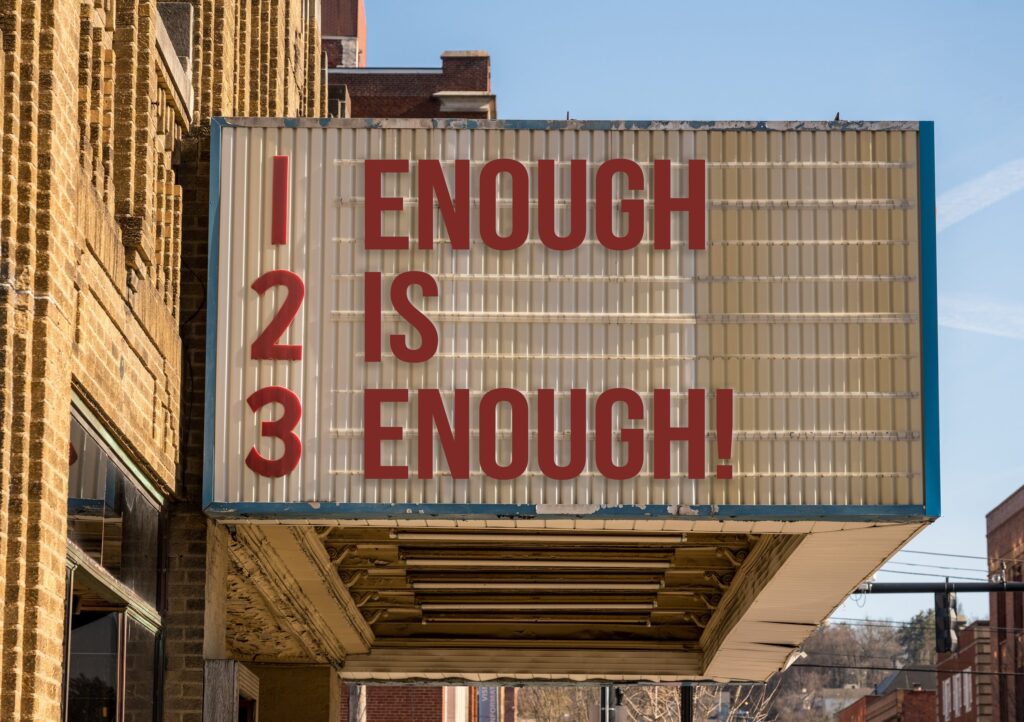
“Unfortunately, ‘post racism’ is also a myth, like unicorns and Black people who survive until the end of the movie.”
— Justin Simien
It’s often been said we now live in a post-racial society simply because Barack Obama was elected president twice; for those who believe that I have a few questions.
Are we in a post-racial society when, at any random moment, you might get shot during a routine traffic stop? Or, in the case of George Floyd, suffocated to death in plain view, or Breanna Taylor, the medical worker shot and killed by Louisville police during a botched raid on her apartment? Is that post-racial? Or, because of a minor drug possession charge, you are incarcerated, labeled a felon, and not only have to spend time in prison but, upon release, are stripped of many fundamental rights and denied access to jobs and other benefits of being an American citizen at a far greater percentage rate than Whites? Is that post-racial?
Is it reasonable to think that we have achieved a post-racial world when the horrors of the Jim Crow era are not that far behind us and continue to have an impact? Yes, in some ways, Jim Crow was an improvement over being enslaved. Yet, Black Americans still had to live with the reality that, at any random moment and for the most innocuous reason, they might be lynched by an angry mob of Ku Klux Klan members. Or think of fourteen-year-old Emmitt Till, who on August 28, 1955, while visiting family in Money, Mississippi, was brutally murdered for allegedly flirting with a White woman four days earlier, an assertion retracted by the woman years later. That was in 1955. Not too long ago. To think we are in a post-racial society because of the passage of a few civil rights laws, with those memories and realities still in plain view in our rearview mirror, is far-fetched.
Having a Black president and a woman of color vice president does not mean we now live in a post-racial world. We should acknowledge systematic racism still exists and assume some personal responsibility to do something to change it.
It’s time to go on record. Not simply with words or intent but with work and action. It’s time to look into the mirror and ask yourself, “Where exactly do I stand? And what am I willing to do to contribute to building a more inclusive America?”
The fact is, we’ve got a lot more work to do.